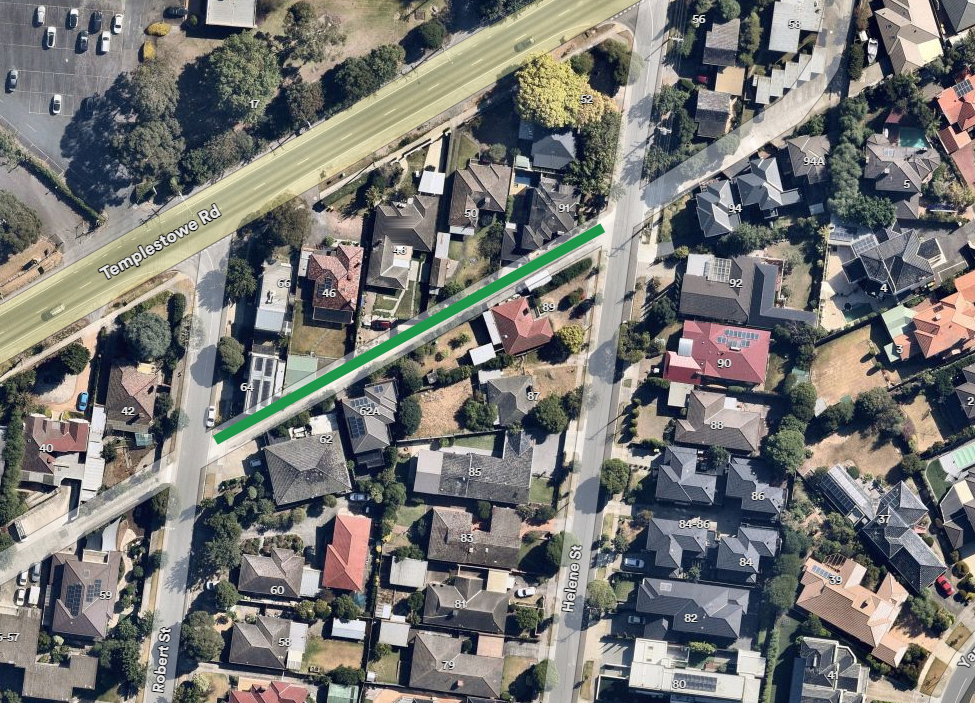Nearly two thirds of young people say they feel lonely and left out, new research from headspace National Youth Mental Health Foundation has found.
While the approaching holiday season generates excitement for many, it can trigger feelings of loneliness for those not able to connect with friends or family.
The headspace National Youth Mental Health Survey reveals:
- 62% of young people aged 12-25 feel left out often or some of the time
- 60% of young people lack companionship often or some of the time
- a majority of young people feel isolated from others often or some of the time (58%)
Young women are more likely to feel greater feelings of isolation from others (62%) compared to young men (53%). Feelings of isolation were also higher among LGBTQIA+ young people (77%), and young people living in regional parts of Australia (62%).
headspace CEO Jason Trethowan said loneliness is a public health issue that needs attention, and that young people and their families should take steps to prevent at this time of year.
“While we’ve largely moved past the direct impacts of lockdowns and prolonged restrictions, we’re finding many young people are still feeling cut off from the world and struggling to re-establish relationships.
“Even though it can feel difficult to re-enter school, work or social environments, we know that remaining active in our communities and with our hobbies protect mental health and wellbeing.
“On the other hand, social isolation is a risk factor for mental ill-health. Young people who tell us they are lonely are also more likely to be experiencing psychological distress. Some people who experience loneliness might also experience anxiety or depression. Loneliness can also impact our physical health, interrupting sleep or contributing to overuse of alcohol and other drugs.
“It’s important to start small, and get support to return to the things we love and the things that are important to us.
“Christmas and New Year can be an exciting time but the bombardment of images in the media and online showing other people’s celebrations can encourage young people to make comparisons with their lives and potentially deepen feelings of loneliness.
“Big life changes around this time, including finishing school, transitioning to further education or work and moving out of home can all compound these feelings of loneliness.
“Our message to young people who may be doing it tough this year is to remind them they are not alone. There are people waiting to help and support resources available now. Talk with someone about how you’re feeling, whether that’s a family member or friends – or a professional service like headspace,” said Mr Trethowan.
“Moving interstate for university was a challenging experience for me. I was away from friends and family during a period of great change in my life. On top of that, COVID-19 and lockdowns prevented me from visiting home for much of the past few years. “Loneliness can be a difficult cycle to break because the more isolated you are, the less you are to want to reach out to others.
This Christmas, I want to encourage young people to find new ways to connect with others. Going online is often a good first step. You can also find in-person social opportunities related to your hobbies or personal interests.”
The research comes from the latest headspace National Youth Mental Health Survey and highlights the current state of how young people are feeling about companionship and connectedness.
We encourage any young person, family, or friends in need of support to visit their local headspace centre. Support is also available via headspace’s phone and online counselling service seven days a week between 9am–1am (AEST). The number is 1800 650 890.
If you’re looking for someone to talk to immediately, Lifeline (13 11 14) and Kids Helpline (1800 551 800) are available to talk 24/7.







